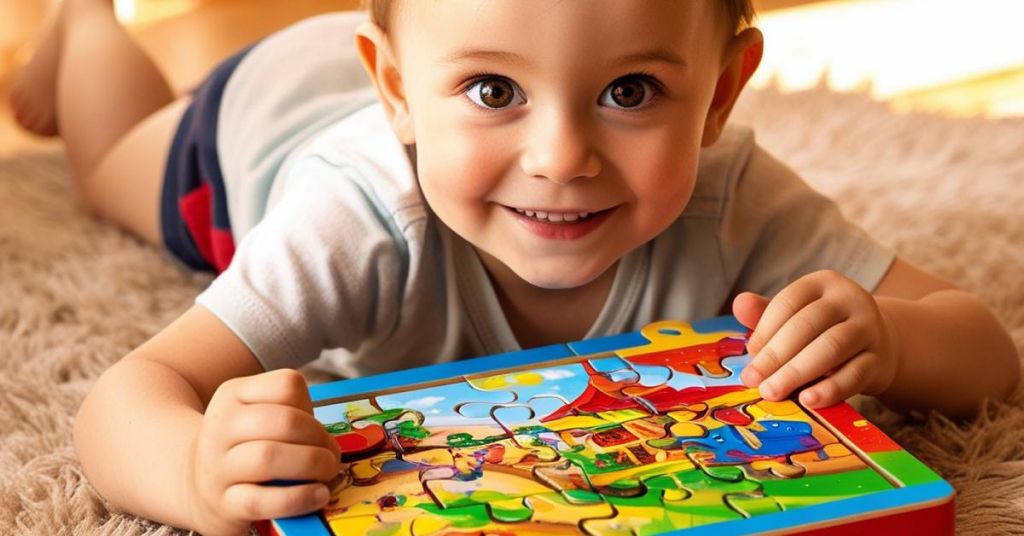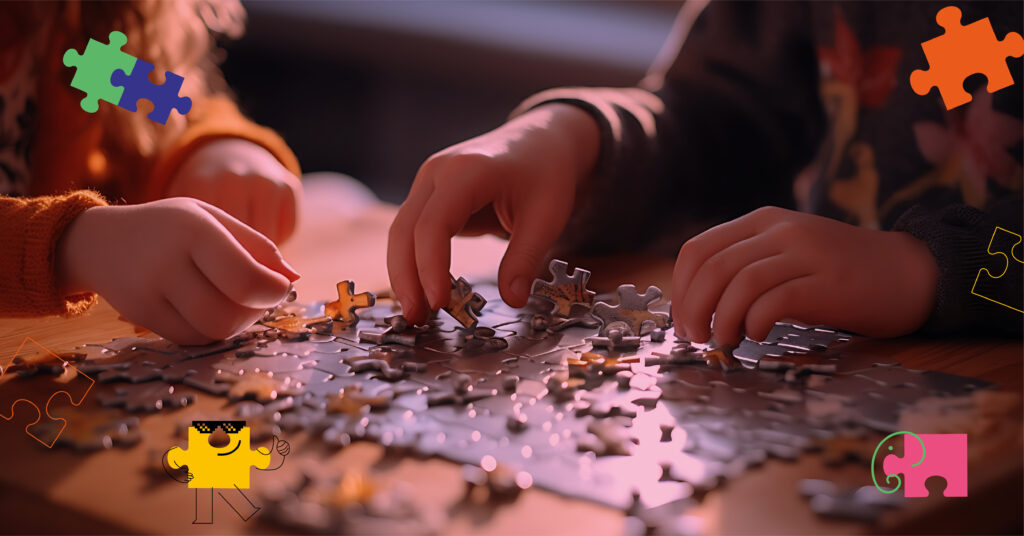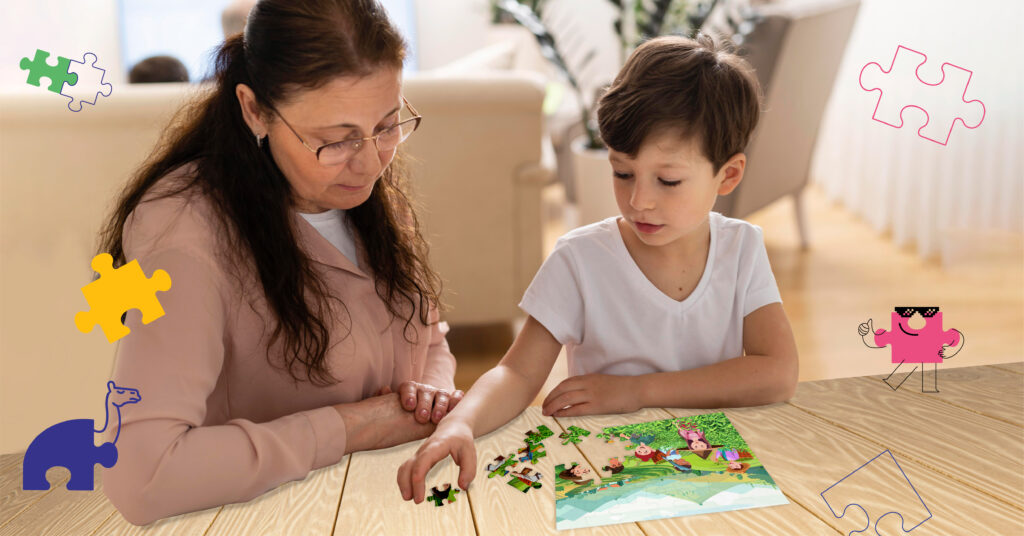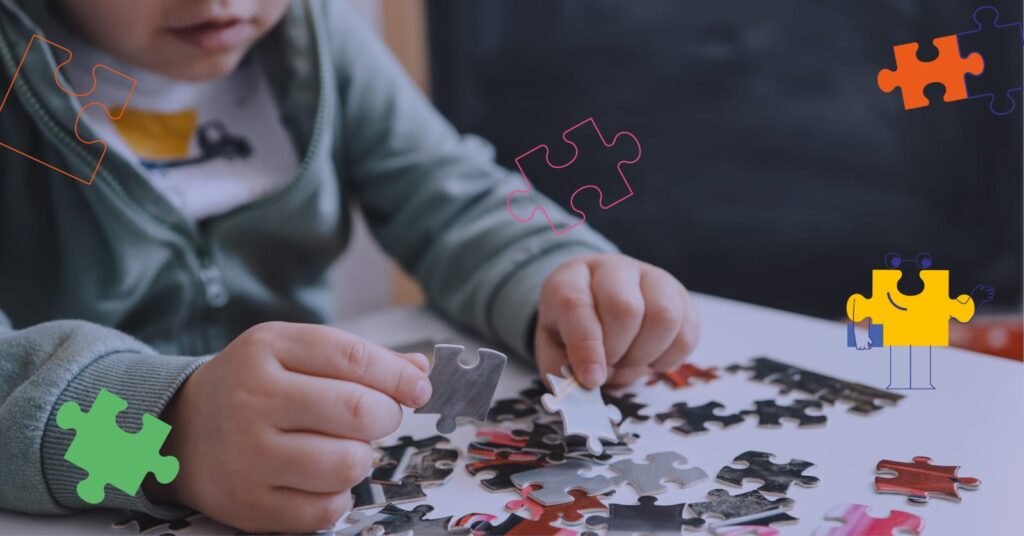Early literacy skills lay the foundation for a child’s ability to read, write, and communicate effectively. These skills include letter recognition, phonemic awareness, vocabulary development, and storytelling abilities, all of which are essential for academic success. One engaging and effective way to enhance early literacy is through puzzles. These fun and interactive tools support young learners in recognizing letters, understanding words, and constructing narratives—all while keeping them entertained.
How Puzzles Aid in Early Literacy Development
Letter Recognition & Phonics
Alphabet puzzles help children identify letters and associate them with their corresponding sounds. Through repeated exposure, kids develop phonemic awareness, an essential step in learning to read. Simple puzzles featuring letters with pictures of objects that start with that letter (e.g., “A” with “apple”) reinforce sound associations.
Vocabulary Building
Word puzzles and picture-word matching games introduce children to new words and their meanings. These activities expand their vocabulary and comprehension, improving their ability to recognize and use words in everyday communication.
Storytelling & Narrative Skills
Puzzles that encourage storytelling, such as sequencing puzzles or jigsaw puzzles with a story element, help children develop narrative skills. By arranging images in logical sequences, they learn about cause and effect, plot structure, and how to express ideas in a cohesive manner.
Best Types of Puzzles for Literacy Development
Alphabet Puzzles
Alphabet puzzles are an excellent way to introduce letter recognition and phonics. These puzzles make learning the ABCs interactive and visually stimulating, helping young children grasp fundamental literacy concepts.
Picture & Word Matching Puzzles
These puzzles encourage children to associate words with corresponding images, reinforcing vocabulary and comprehension. Matching games, such as connecting words to pictures or forming simple words with letter tiles, enhance cognitive and linguistic skills.
Jigsaw Puzzles with Stories
Jigsaw puzzles that feature stories or sequences of events help children develop critical thinking and storytelling abilities. As they piece together images, they can discuss what is happening, predict outcomes, and create their own narratives, strengthening their creative and verbal skills.
Also Read: 7 Surprising Ways Puzzles Are Good for Your Child
How Puzzles Engage Children in Literacy
Interactive and multi-sensory learning experiences are key to engaging young children. Puzzles provide hands-on learning opportunities, making literacy development enjoyable and memorable. Parents and educators can create language-rich environments by incorporating puzzles into daily activities, encouraging discussions, and asking open-ended questions to enhance comprehension.
Puzzles are a valuable tool in fostering early literacy skills. They promote letter recognition, vocabulary growth, and storytelling abilities while making learning fun and interactive. By integrating puzzles into playtime, parents and educators can support children’s literacy development in an engaging and meaningful way. Start incorporating puzzles into your child’s learning routine today and watch their literacy skills flourish!
To Buy the Best Puzzles & Educational Toys for your Child, check out our collection.



